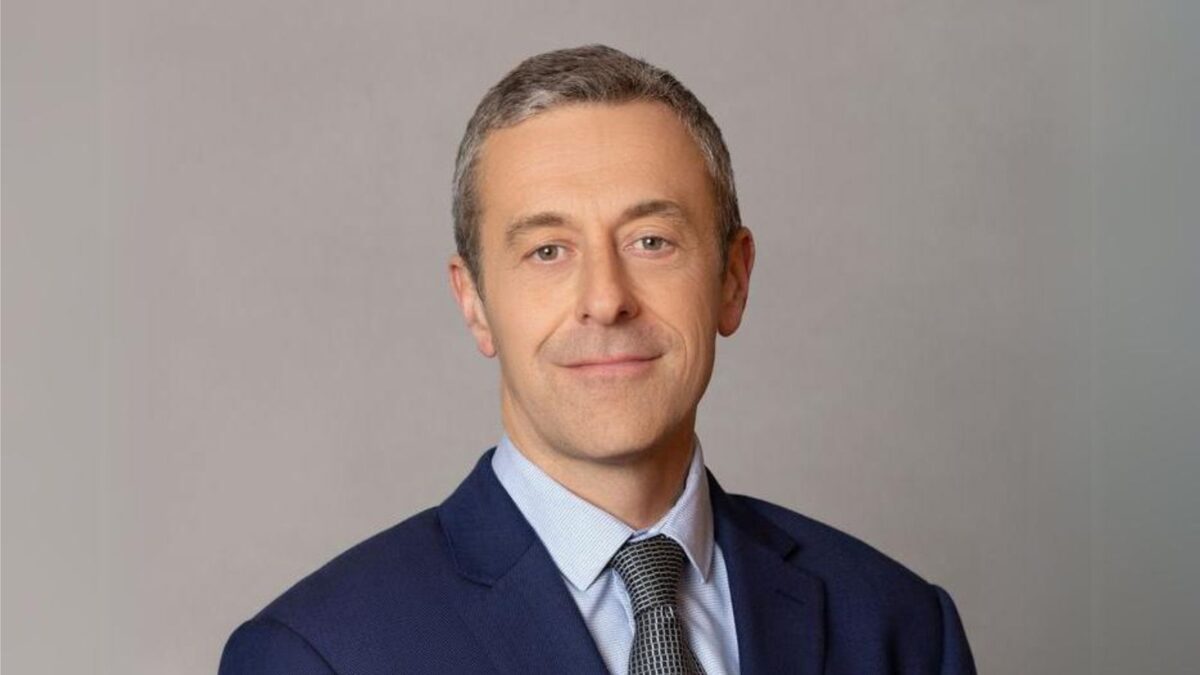‘Best to prepare for many eventualities’: TCorp focuses on diversification, ESG in a tough year
It’s been a tough year for institutional investors, who have had to navigate market volatility sparked by Russia’s invasion of Ukraine, rising interest rates, and inflation. As central bankers fret over soft and hard landings, 2023 could be just as much of a wild ride.
“If global economies do succumb to recessionary forces over the next year… company profits will fall and this is the main risk to equity markets in the year ahead,” TCorp chief economist Brian Redican said in its annual report, released Thursday (November 24).
“That said, if inflation abates and central banks back away from their threats to raise interest rates much further, then investors are likely to look beyond a temporary drop in profits and consider equities to be an attractive asset class again. In other words, there are risks in both directions in the year ahead and as investors swing between optimism and pessimism, or hope and fear, markets are likely to remain volatile.”
While TCorp’s short-term returns were negatively impacted over the past year, its long-term returns against the majority of its clients’ objectives “remained sound”; it experienced negative performance across all diversified portfolios between -1.1 per cent to -7.9 per cent, broadly in line with the growth options of most large superannuation funds, which ranged between -8 per cent and +0.5 per cent. With more volatility likely still to come, TCorp is focusing on diversification across asset classes to cushion any potential impact.
“We believe it best to prepare for many eventualities – not just one,” said TCorp chief executive David Deverall (photo at top). “In FY22 we continued to build our unlisted assets portfolio valued at $18.0 billion and invested in international assets (mostly unhedged) and illiquid assets such as property and infrastructure to provide diversification benefits and stable cash flows over the medium to long term. We now have $8.3 billion in infrastructure, $9.1 billion in property and $0.6 billion of other assets in our unlisted assets portfolios.”
Like other institutional investors, TCorp held a small amount of Russian equities and bonds in its emerging markets strategy prior to that country’s invasion of Ukraine and which it has since divested. In the months since that invasion, TCorp has begun to develop a country risk framework which will “position (it) to minimise future risk”, and is working with NSW Treasury to “further evolve” its ESG model.
“We are focused on managing climate risk and are benefiting from moving our developed market equities portfolio valued at $25bn to a low carbon benchmark,” Deverall said. “From this initiative alone, we estimate we have reduced portfolio carbon intensity and exposure to fossil fuel reserves by 30-35 per cent.
“In addition, almost 30 per cent of our local and global property investment operating assets are carbon neutral and, in our overseas portfolios, we have a target to reach 75 per cent by 2030 and the balance by 2050. As a major asset owner and institutional investor, we also practice active ownership and are developing ESG country risk frameworks to protect our clients’ investments from geopolitical and stranded asset risks.”
TCorp also holds investments in assets with “a strong sustainability lens”, including an 18.5 per cent share in Australia Pacific Airports Corporation, which owns a major Australian airport with a 2025 net zero target. Approximately 37 per cent of its domestic operating assets – excluding development – were classified as carbon neutral at June 30, while 29 per cent of its global property investments are carbon neutral, with a target of 75 per cent by 2030.
All TCorp bond issuances were oversubscribed, “reflecting their attractiveness among domestic and international investors”.
“As an investor of our clients’ funds and as a major issuer of debt, sustainability over the long term is an important consideration,” Deverall said. “In challenging market conditions, we issued a total of $25.8 billion in debt in FY22. Of this, sustainability and green bonds comprised $2.0 billion, bringing total issuance in the NSW Sustainability Bond Programme to $7.2 billion – the largest programme of its type in Australia.”
TCorp delivered a pre-tax profit of $139.2 million for financial year 2022, resulting in a dividend to NSW of $95 million, and has delivered a cumulative absolute return of $34.2 billion since funds amalgamation in 2015.










